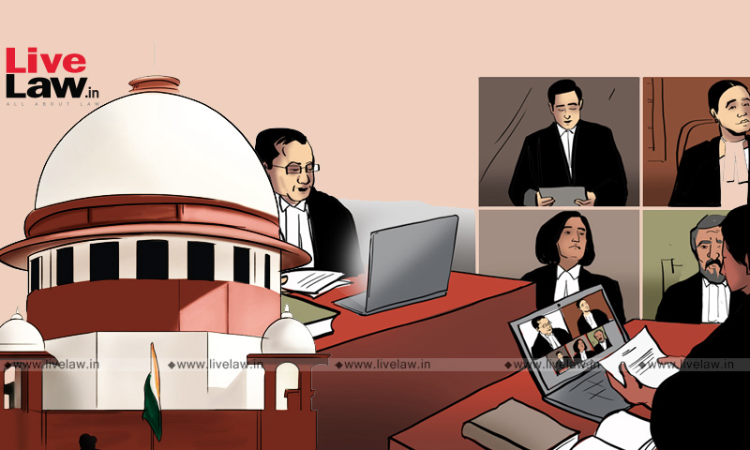Plea In Supreme Court Seeks To Declare Virtual Court Hearing As Fundamental Right
LIVELAW NEWS NETWORK
23 Aug 2021 11:59 AM IST

Next Story
23 Aug 2021 11:59 AM IST
A lawyers' body and a legal journalist have moved Supreme Court challenging the recent decision of the Uttarakhand High Court under which the functioning of virtual courts has been terminated by the High Court and the Court has reverted to full physical functioning. The plea has been filed by All India Jurists Association, a body that consists of more than 5,000 lawyers...
